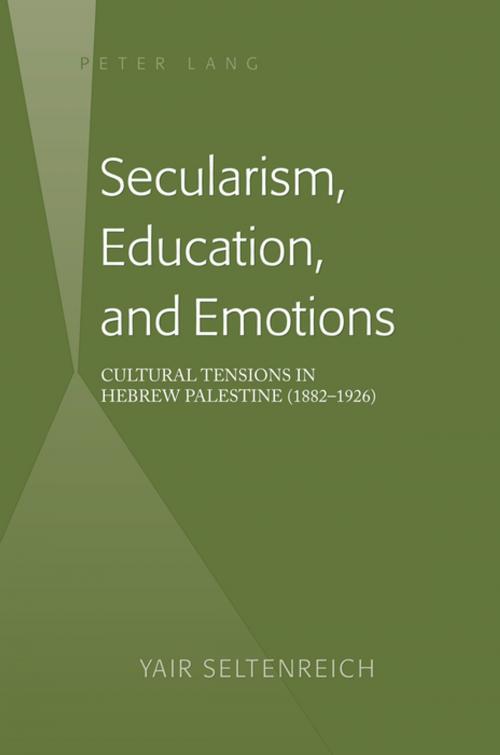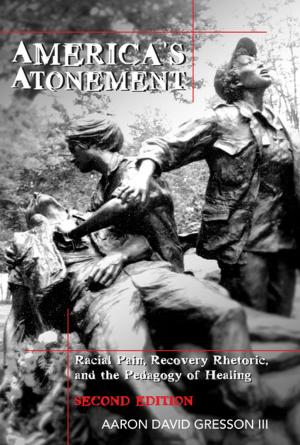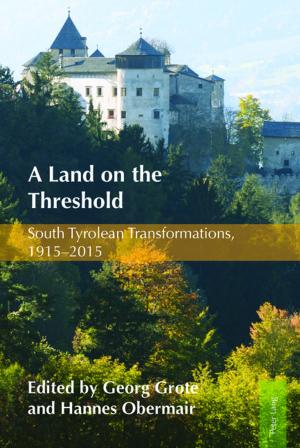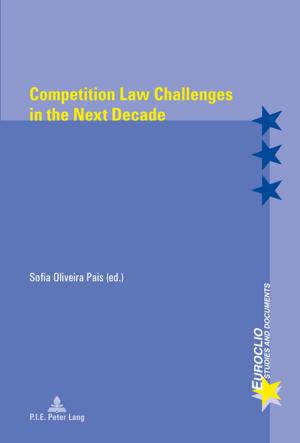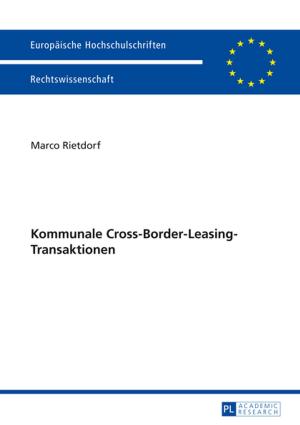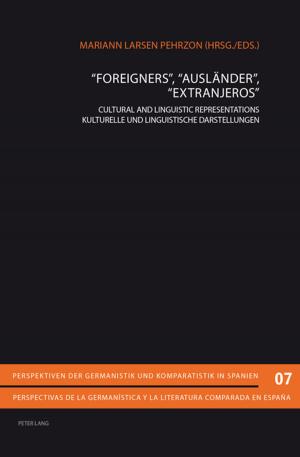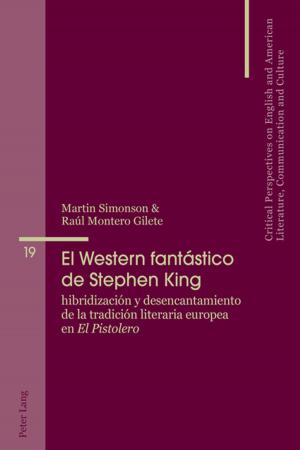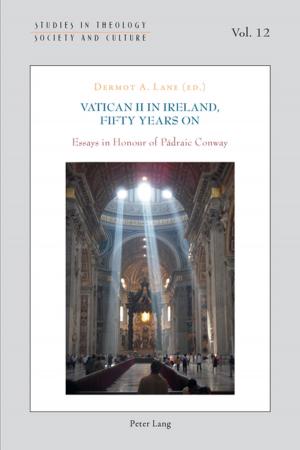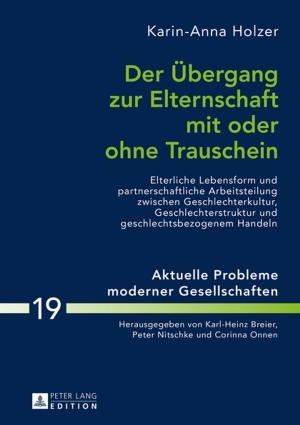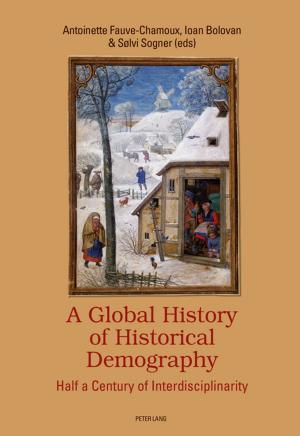Secularism, Education, and Emotions
Cultural Tensions in Hebrew Palestine (18821926)
Nonfiction, Reference & Language, Education & Teaching, History, Religion & Spirituality| Author: | Yair Seltenreich | ISBN: | 9781454190158 |
| Publisher: | Peter Lang | Publication: | May 4, 2015 |
| Imprint: | Peter Lang Inc., International Academic Publishers | Language: | English |
| Author: | Yair Seltenreich |
| ISBN: | 9781454190158 |
| Publisher: | Peter Lang |
| Publication: | May 4, 2015 |
| Imprint: | Peter Lang Inc., International Academic Publishers |
| Language: | English |
Secularism, Education, and Emotions: Cultural Tensions in Hebrew Palestine (1882–1926) aims to explore the sources of secularism, its social and emotional significances, its various expressions, and its thorny frictions with different religious environments during the first decades of modern settlement of Jews in Eretz-Israel (Palestine). Accordingly, this book develops four main concepts about secularism in Eretz-Israel: (1) Secularism was, in large part, a reaction against religion; (2) Secularism was not an isolated local occurrence but rather a product of the wider European cultural stage, influenced by ideas of contestation against religious dominance and nascent nationalism; (3) Secularism was essentially an emotional phenomenon in Europe and in Eretz-Israel likewise; (4) In the struggle between religious and secularists in Eretz-Israel, education occupied a major place as the main vehicle for the promotion of ideas.
Utilizing these four main concepts, Yair Seltenreich analyzes the general European frameworks of secularism. His studies illuminate secularist features within European Jewry and its subsequent translation into the Zionist movement and the Eretz-Israeli arena. Lastly, he examines the specific struggles between religious and secularist teachers in Galilee, where the culmination of tensions and of emotional expression allows a deeper understanding of secularism as a cultural issue.
Secularism, Education, and Emotions: Cultural Tensions in Hebrew Palestine (1882–1926) aims to explore the sources of secularism, its social and emotional significances, its various expressions, and its thorny frictions with different religious environments during the first decades of modern settlement of Jews in Eretz-Israel (Palestine). Accordingly, this book develops four main concepts about secularism in Eretz-Israel: (1) Secularism was, in large part, a reaction against religion; (2) Secularism was not an isolated local occurrence but rather a product of the wider European cultural stage, influenced by ideas of contestation against religious dominance and nascent nationalism; (3) Secularism was essentially an emotional phenomenon in Europe and in Eretz-Israel likewise; (4) In the struggle between religious and secularists in Eretz-Israel, education occupied a major place as the main vehicle for the promotion of ideas.
Utilizing these four main concepts, Yair Seltenreich analyzes the general European frameworks of secularism. His studies illuminate secularist features within European Jewry and its subsequent translation into the Zionist movement and the Eretz-Israeli arena. Lastly, he examines the specific struggles between religious and secularist teachers in Galilee, where the culmination of tensions and of emotional expression allows a deeper understanding of secularism as a cultural issue.
